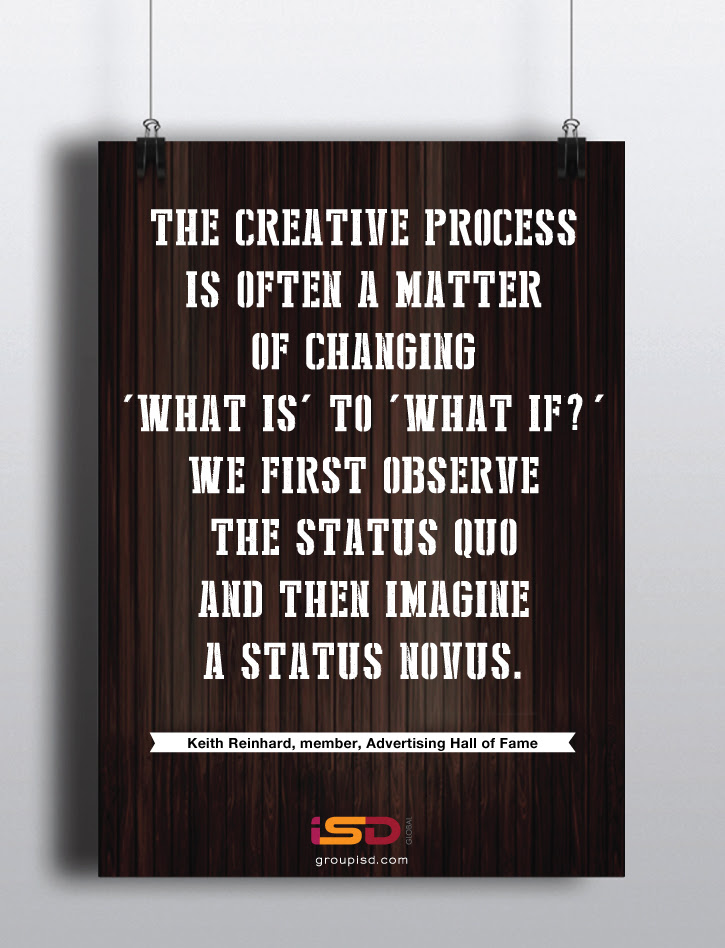” Every act of creation is first an act of destruction “- Pablo Picasso
Joseph Schumpeter (1883–1950) coined the seemingly paradoxical term “creative destruction,” and generations of economists have adopted it as a shorthand description of the free market’s messy way of delivering progress.
The adoption of laissez faire and the ceaseless churning of the existing means lost jobs, ruined companies, and vanishing industries are inherent parts of the growth system. It comes with the territory.
Creative destruction-in the process of product innovation- is an old story. Voice mail comes along and sends armies of office workers looking for other lines of work. Cassettes replace vinyls and then get dis intermediated by CDs which loses out to MP3 players which become the guinea pig at the altar of streaming music. New Tide comes in and old Tide goes out. Coke begets New Coke which fizzles leading us back to the “real thing ” of Classic Coke. Sony brings a new product to market with alarming regularity, often times destroying the marketability of one of its existing products.

Back in 1776, at the dawn of industrial capitalism, Scottish philosopher and economist Adam Smith wrote, sadly but wisely, that it takes a ruin to build the wealth of a great nation. If we haven’t yet acclimated to that paradox, we’d better get out of business.
Look at the parallels that business and jazz music have. When we have a great conversation, we are jamming. Dancing can be very much about jamming. So is the road that an inspired product development team walks to come up with something new that compels customer’s attention. When a company walks the tightrope between analytical rigor and inspired passion, when it leaves the sheet music behind for new horizons, it is jamming. Jazz has so much to teach us about improvisation.
In jazz-and in business- the improvisational style derives its power from the way it juxtaposes certain vital human tensions or paradoxes. Here’s a partial list, in no particular order:
- The established( tradition, powers that be, status quo) in tension with the new
- The need for form in tension with the drive for openness
- Critical norms and standards in tension with the need to experiment
- The security of the familiar in tension with the lure of the unknown
- Responsiveness(responsibility) to the group in tension with individual expressiveness
- Discipline in tension with freedom
- Power in tension with desire
- Established theory in tension with persistent experimentation
- Expertise in tension with freshness, naivete
Today’s global marketplace- turbulent, “spacey”, and endlessly demanding of the new, the experimental, the faster, the better and the cheaper- is NOT a concert-hall environment. There’s no time for business managers to look for solutions in the archives of corporate sheet music. Today’s highly competitive business world puts a premium on the skill of improvisation. All the world’s a jazz club. This is an era, in short, that calls for the inspiration of art. And discipline.
The perennial quest is to locate that sweet spot somewhere between systems and analysis on the one hand and the free-flowing creativity of the individual on the other. Jazz music and the management of business creativity are homologous: they emerge from the same sort of logic, a logic of the contemporary marketplace; what customers want, what sounds good!
The art and practice of creativity management call for facilitating creative destruction-for jamming. We need to have a way to deal with inspiration: a way to help us determine the winners, and to assure (or terminate) their subsequent “lives” in the productive system.
Throw away your sheet music. Ready to jam?
